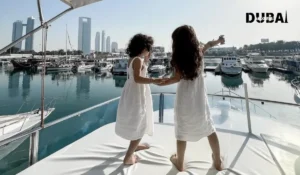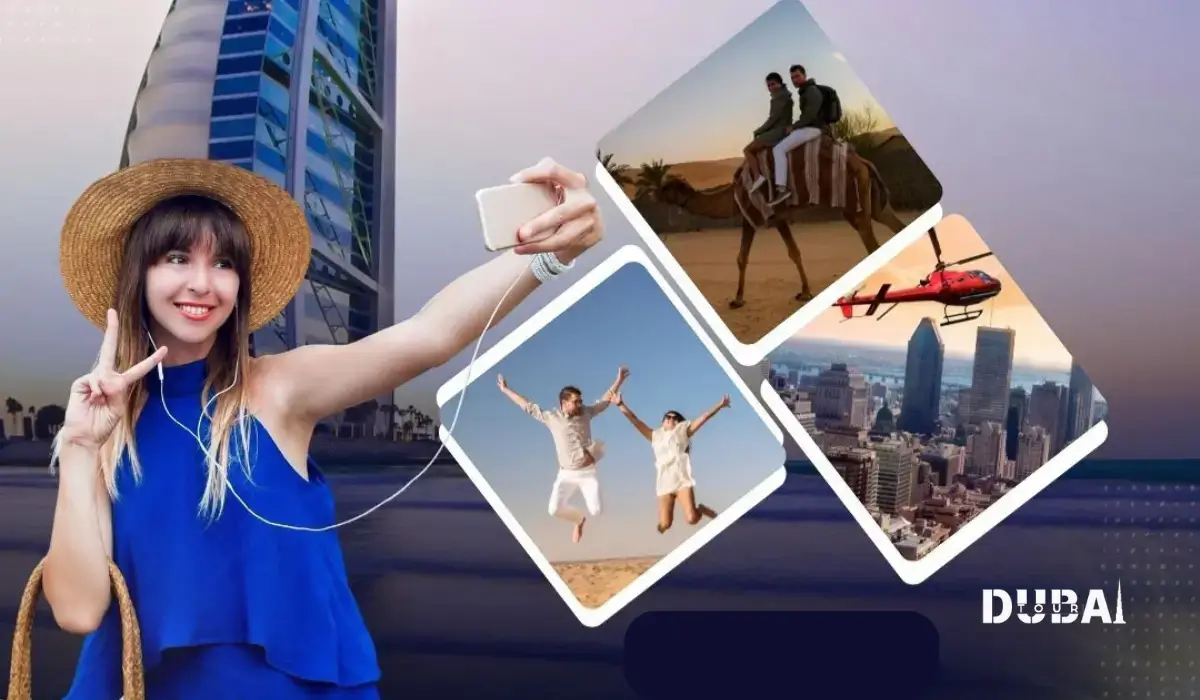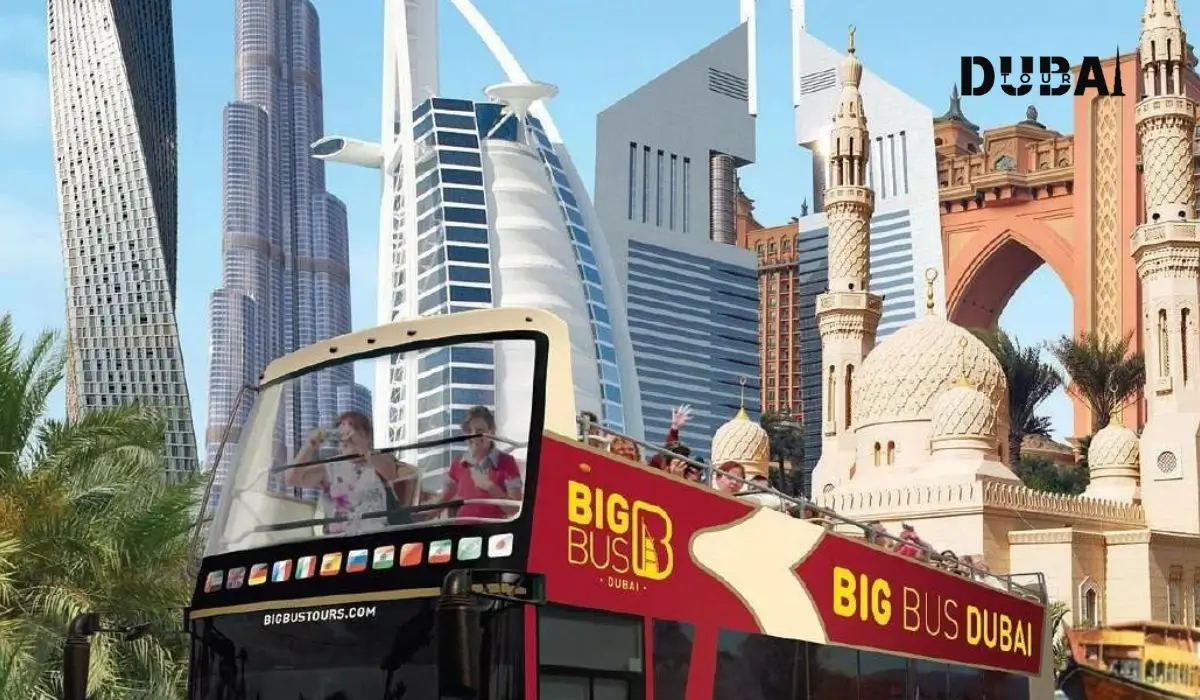The United Arab Emirates (UAE) is a captivating country where modernity meets deep-rooted traditions. Travellers visiting the UAE will find a land of glittering skyscrapers, golden deserts, and UAE Culture and Traditions, all interwoven with a rich cultural heritage that reflects centuries of history. Understanding the culture and traditions of the UAE is essential for visitors who wish to make the most of their experience while showing respect for local customs.
In this guide, we’ll explore various aspects of UAE Culture and Traditions and offer practical tips for respectful and enjoyable travel.
Introduction to UAE Culture
The UAE is comprised of seven emirates, with Abu Dhabi and Dubai being the most well-known. Despite its rapid modernization and global appeal, the UAE remains deeply influenced by its Islamic roots and UAE Culture and Traditions. Emiratis take pride in their heritage and are known for their hospitality, generosity, and respect for cultural norms.
The country’s cultural landscape is shaped by its Islamic faith, Arab traditions, and a blend of influences from neighbouring regions. As a visitor, gaining insight into these cultural elements will enrich your experience and help you connect better with the locals.
Hospitality: The Heart of Emirati Culture
Hospitality is a cornerstone of UAE Culture and Traditions, with Emiratis warmly welcoming guests and offering coffee and dates as a heartfelt gesture of kindness, a practice you’ll often experience at Must Visit Destinations in the UAE.
Tips for Visitors:
- Accepting an offer of coffee or dates when visiting someone’s home or a traditional setting is polite.
- Holding the coffee cup in your right hand is courteous when offered refreshments.
- A simple expression of gratitude, such as saying “Shukran” (thank you), is always appreciated.
Dress Code: What to Wear in the UAE
While the UAE is tolerant and modern, modest dress is still valued, especially in public spaces.
Guidelines for Visitors:
- Men should wear long trousers and shirts with sleeves in formal or traditional settings.
- Women are advised to avoid revealing clothing; covering the shoulders and knees is recommended.
- Swimwear is acceptable at pools and private beaches but inappropriate for public areas.
- In mosques and specific religious sites, visitors may be required to wear traditional garments provided on-site.
Emirati Cuisine: A Taste of Tradition
The UAE cuisine is a delightful blend of Middle Eastern, Persian, and Indian influences. Traditional dishes often feature rice, meat, seafood, and aromatic spices.
Must-Try Dishes:
- Al Harees: A slow-cooked dish made of wheat and meat.
- Machboos: A flavorful rice dish with meat, spices, and vegetables.
- Luqaimat: Sweet dumplings drizzled with date syrup.
- Arabic Coffee (Gahwa): Served in small cups and often accompanied by dates.
Religion and Prayer Practices
Islam is the UAE’s official religion, and its influence is evident daily. The call to prayer can be heard five times daily, and many businesses may pause operations during prayer times.
Respectful Practices:
- Avoid playing loud music or creating disturbances near mosques.
- Dress modestly when visiting religious sites.
- Non-Muslims are welcome to visit certain mosques, such as the Sheikh Zayed Grand Mosque in Abu Dhabi, with proper attire.
Social Etiquette and Communication
Emiratis value politeness, respect, and good manners.
Tips for Social Interaction:
- Greetings often involve a handshake and the phrase “Assalamu alaykum” (peace be upon you).
- Use your right hand for handshakes, eating, and giving or receiving items.
- Public displays of affection are discouraged.
- Avoid discussing sensitive topics such as politics and religion.
Festivals and Celebrations
The UAE hosts numerous cultural and religious festivals throughout the year.
Key Festivals:
- Eid Al Fitr: Celebrated at the end of Ramadan, marking a month of fasting.
- Eid Al Adha: Commemorates the willingness of Prophet Ibrahim to sacrifice his son.
- National Day (December 2): Celebrates the formation of the UAE in 1971.
- Dubai Shopping Festival: A month-long event with discounts, entertainment, and cultural activities.
Ramadan: The Holy Month
Ramadan is a significant period in the UAE, observed by fasting from dawn to sunset.
Guidelines for Visitors:
- Refrain from eating, drinking, or smoking in public during daylight hours.
- Many restaurants remain closed during the day but offer Iftar (the meal to break the fast) in the evening.
- Dress modestly and be respectful of the solemn atmosphere.
Art, Music, and Heritage
The UAE has a vibrant arts and cultural scene that celebrates both tradition and modern creativity.
Cultural Highlights:
- Al Sadu Weaving: A traditional craft recognized by UNESCO.
- Falconry: A centuries-old practice and an essential part of Emirati heritage.
- Yola Dance: A traditional dance performed at celebrations.
- Art Galleries: Places like the Louvre Abu Dhabi and Alserkal Avenue in Dubai showcase diverse artistic expressions.
Traditional Souks and Modern Malls
Shopping is popular in the UAE, with options ranging from traditional souks to luxurious malls.
Shopping Experiences:
- Gold Souk: Located in Dubai, it’s famous for its dazzling displays of gold jewellery.
- Spice Souk: A sensory delight with various spices, herbs, and incense.
- The Dubai Mall: One of the largest malls in the world, offering shopping, dining, and entertainment.
Desert Adventures and Outdoor Activities
The UAE’s desert landscape offers unique experiences for adventure enthusiasts.
Activities to Try:
- Desert Safaris: Experience dune bashing, camel rides, and traditional Bedouin camps.
- Camel Racing: A traditional sport with high-tech twists, including robot jockeys.
- Falconry Displays: Witness the skill and grace of trained falcons.
Responsible Tourism: Respecting the Environment
The UAE places a growing emphasis on sustainability and conservation.
Eco-Friendly Practices:
- Support eco-tourism initiatives such as mangrove kayaking tours in Abu Dhabi.
- Avoid littering and respect protected areas.
- Participate in conservation programs if available.
Practical Tips for Travelers
- Language: Arabic is the official language, but English is widely spoken.
- Currency: The UAE Dirham (AED) is the official currency.
- Transport: The UAE has excellent public transport options, including the Dubai Metro and taxis.
- Weather: The best time to visit is from October to April, when the weather is cooler.
- Photography: Always ask for permission before photographing people, especially women.
Finally
Visiting the UAE offers a remarkable blend of modern wonders and rich cultural experiences. Travellers can connect more with this beautiful land and its warm-hearted people by understanding and respecting the country’s traditions.
Whether you’re marvelling at architectural landmarks, savouring traditional cuisine, or exploring the vast deserts, embracing the culture of the UAE will make your journey unforgettable. Remember, respect and open-mindedness go a long way in creating meaningful experiences.










